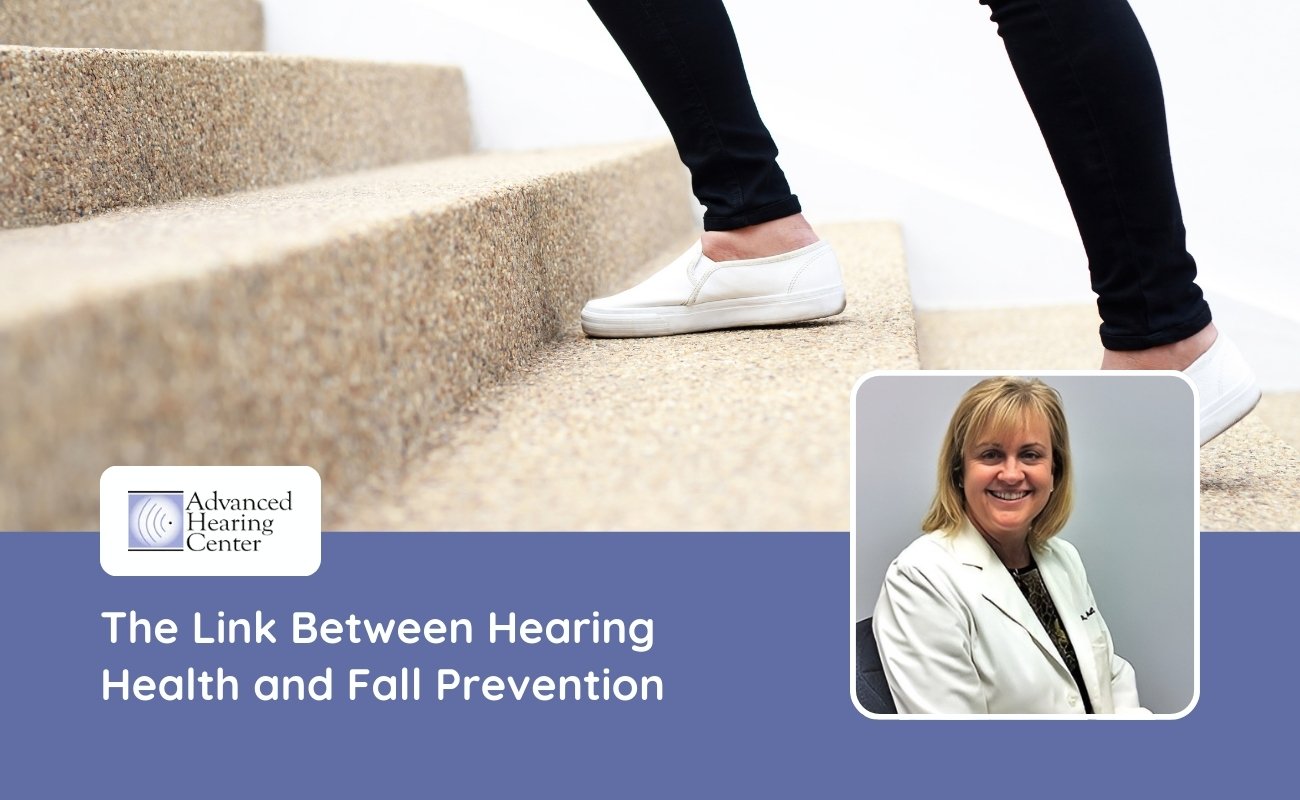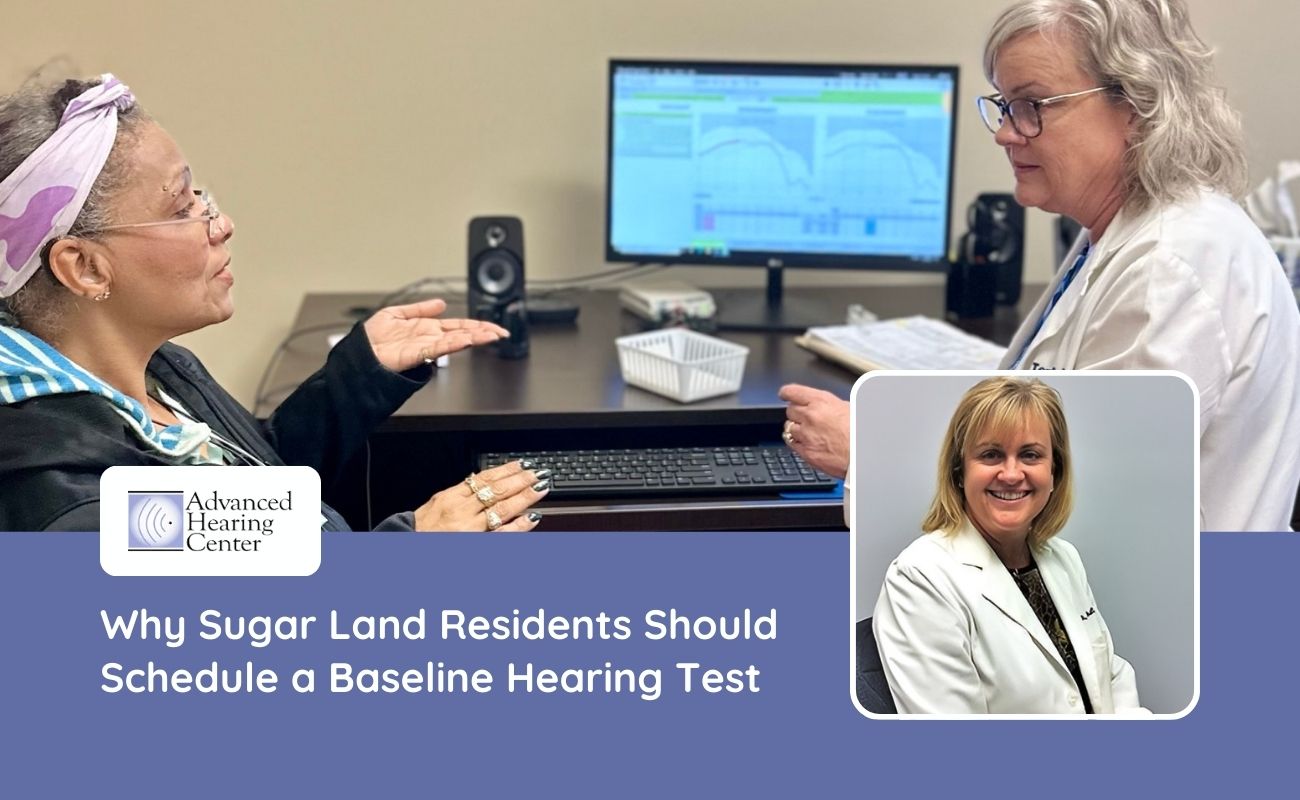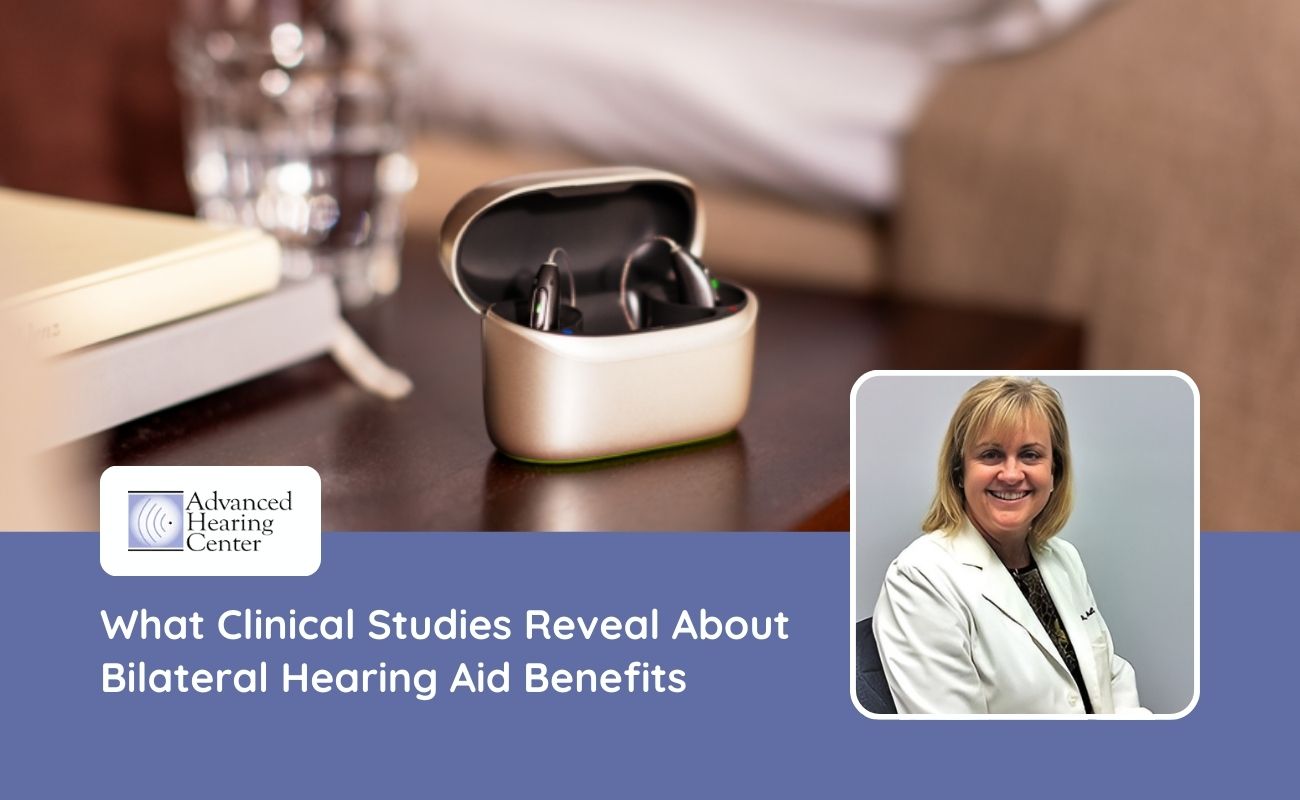
Did you know that your ears do more than just help you hear? They're actually key players in keeping you steady on your feet. Many Sugar Land seniors don't realize that the same structures responsible for hearing also control balance – and when these systems aren't working properly, your risk of falling can increase dramatically.
Your inner ear is like a sophisticated control center with two main departments. One side handles hearing through the cochlea, while the other manages balance through the vestibular system. These delicate structures sit right next to each other, which means problems in one area often affect the other.
The vestibular system contains three semicircular canals filled with fluid that move when your head turns or tilts. This movement sends signals to your brain about your position and helps coordinate your balance. When these signals get disrupted – whether from age, illness, or injury – both your hearing and your stability can suffer.
Think of it this way: if you've ever spun around quickly and felt dizzy, you've experienced what happens when your vestibular system gets overwhelmed. For some people, this sensation becomes a daily reality due to various disorders affecting the inner ear.
Johns Hopkins researchers studied more than 2,400 adults and found that even mild hearing loss nearly tripled the odds of experiencing a fall in the previous year. This isn't just a coincidence – there are real biological reasons why hearing problems make you more likely to fall.
As you walk, your ears pick up subtle cues that help with balance. Hearing loss mutes these important signals. When you can't hear footsteps approaching from behind or the crunch of gravel under your feet, you lose valuable information about your surroundings that helps keep you steady.
But there's another factor at play. When we can't hear well, our brain has to work harder just to process sound. This extra mental effort leaves fewer cognitive resources available for balance and spatial awareness – the very things you need to navigate safely.
Recent studies from Johns Hopkins tracked hundreds of adults over nearly 12 years and discovered something remarkable. For those at highest risk who received hearing interventions like hearing aids, cognitive decline slowed by a significant 48%. This suggests that treating hearing loss doesn't just improve communication – it can actually help protect your brain function and reduce fall risk.
Several specific conditions can affect both your hearing and balance simultaneously. Benign Paroxysmal Positional Vertigo (BPPV) causes intense but brief episodes of spinning when you move your head in certain ways. Vestibular neuritis creates prolonged dizziness that can last for days or weeks. Ménière's disease combines hearing loss, tinnitus, and vertigo episodes that can be quite debilitating.
These aren't just minor inconveniences. When you're worried about triggering dizziness or losing your balance, you naturally become less active. This creates a dangerous cycle – reduced activity leads to muscle weakness and poor coordination, which ironically increases your fall risk even more.
Many Sugar Land seniors participating in programs at the T.E. Harman Center have discovered that addressing balance issues actually helps them enjoy activities like dancing, exercise classes, and social gatherings with much more confidence.
Figuring out what's causing balance problems requires specialized testing that goes beyond a standard hearing exam. That's where balance testing Sugar Land seniors can rely on becomes important. We use VNG (Videonystagmography) testing to get a clear picture of how your vestibular system is functioning.
During VNG testing, we track your eye movements while presenting different stimuli – sounds, visual targets, and position changes. Your eyes and inner ear work together to maintain balance, so unusual eye movement patterns can reveal problems with the vestibular system that might not be obvious otherwise.
This testing is completely non-invasive and takes about an hour. Many patients are surprised to learn that their dizziness or balance problems have a specific, treatable cause rather than being just part of getting older.
When we fit hearing aids, we don't just hand you a device and send you home. We use Real Ear Measurements to verify that your hearing aids are providing exactly the right amount of amplification for your specific hearing loss. This precision matters because under-amplified hearing aids won't give you the environmental awareness you need for better balance.
Modern hearing aids like the Phonak Infinio and Oticon Intent include advanced features that can actually help with spatial awareness. These devices don't just make sounds louder – they help restore the natural sound cues your brain uses to understand your environment and maintain stability.
Some patients tell us they feel more confident walking in parking lots or navigating crowded spaces after getting properly fitted hearing aids. That's because they're once again hearing the subtle environmental sounds that help with spatial orientation.
For patients with BPPV, we can often provide immediate relief through canalith repositioning procedures performed right in our office. These maneuvers help move displaced calcium crystals back where they belong, resolving vertigo symptoms for many people.
Vestibular rehabilitation therapy involves specific exercises designed to help your brain adapt to balance system changes. These aren't just generic balance exercises – they're targeted activities that retrain your vestibular system to work more effectively with your vision and proprioception.
Many patients benefit from combining hearing aids with vestibular therapy. When both hearing and balance systems are addressed together, the results are often much better than treating either problem in isolation.
While medical treatment addresses the underlying causes, making your home environment safer provides an extra layer of protection. Good lighting becomes especially important when your balance system isn't functioning at 100%. Remove loose rugs, secure electrical cords, and consider adding grab bars in key areas.
Regular physical activity helps maintain the strength and coordination you need for good balance. Programs offered through local Sugar Land senior centers often include gentle exercise classes that focus on stability and fall prevention. Activities like tai chi have been shown to be particularly beneficial for improving balance confidence.
Staying hydrated and reviewing medications with your doctor can also help. Some common medications can affect either hearing or balance, so it's worth discussing these concerns with your healthcare providers.
While over-the-counter hearing devices are now available, professional fitting and ongoing care provide advantages that can be particularly important for fall prevention. We take into account not just your hearing loss, but also any balance concerns, your lifestyle, and your specific risk factors.
The relationship between hearing and balance is complex, and it takes specialized training to understand how to address both issues effectively. Our audiologists have doctoral-level education specifically in these interconnected systems, allowing us to provide comprehensive care that addresses the whole picture.
Regular follow-up appointments allow us to fine-tune your hearing aids and monitor any changes in your balance or hearing status. This ongoing relationship means we can catch problems early and adjust your treatment plan as needed.
If you've noticed changes in your hearing, experienced episodes of dizziness, or had any concerns about your balance, don't wait to seek professional evaluation. The sooner these issues are identified and addressed, the better your outcomes are likely to be.
Balance testing Sugar Land seniors can trust is available right here in our community. We're equipped to assess both your hearing and vestibular function, providing personalized recommendations based on your specific situation. Whether you need hearing aids, balance testing, or both, we're here to help you maintain your independence and reduce your risk of falls.
Contact our practice today to schedule a comprehensive hearing and balance evaluation. Let our experienced team help you understand the connection between your hearing and balance, and discover how proper treatment can help you move through the world with greater confidence and safety.

Establishing a hearing baseline in 2026 is crucial for Sugar Land residents, as new research links hearing health to cognitive function and dementia prevention.

Clinical research shows bilateral hearing aids provide 20-30% better speech recognition, improved sound localization, reduced listening effort, and prevent auditory deprivation in unaided ears.

Stem cell research aims to regenerate auditory hair cells and nerves for hearing restoration, with human trials beginning in 2025 though practical treatments remain years away.